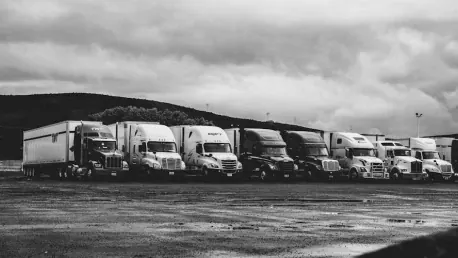
Reassessing Green Energy Policies: Balancing Sustainability and Reality The pursuit of green energy has become a central focus in global environmental policies. However, a critical examination reveals that current strategies may not be as sustainable or practical as hoped. This article delves into

In response to growing concerns over transit safety, Nashville has launched a comprehensive security initiative to improve safety measures in and around the city's transit environments, reflecting the city's proactive stance on public transportation security. This initiative, spearheaded by Mayor

In the ongoing struggle to rejuvenate the American auto industry, Senator Bernie Moreno recently introduced the Transportation Freedom Act, a bill designed to support American auto manufacturing while simultaneously reducing vehicle costs for consumers. With backing from significant players in the

The global transportation and logistics industry is navigating an intricate landscape of opportunities and challenges as it looks to the future, with a keen eye on expansion and sustainable growth. According to Willis' latest Global Transportation and Logistics Risk Report, 57% of industry

For decades, the residents of Guelph have been promised a modern and efficient regional transit system by the provincial government, yet those promises remain largely unfulfilled, leaving commuters frustrated and overly reliant on personal vehicles. Mike Darmon, a local resident and avid cyclist,

In a remarkable stride towards sustainability, the European Union (EU) is allocating €422 million through the Alternative Fuels Infrastructure Facility (AFIF) to enhance the infrastructure for alternative fuels, focusing on air, maritime, and road transport. This significant investment, which is an